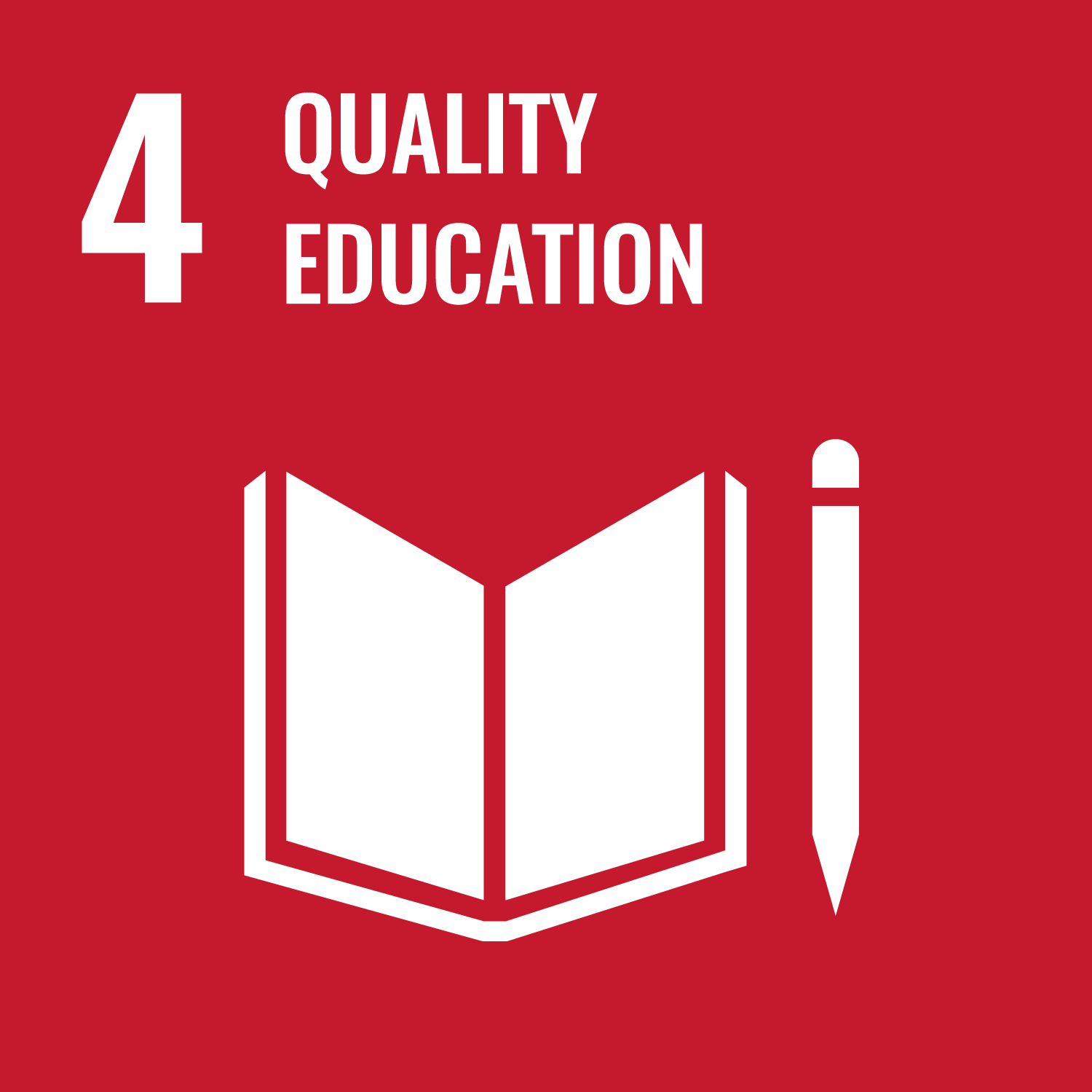SDG Detail
PAEDS 719 : Health, Education and Youth Development
Postgraduate courseProject description
This course is offered through a blend of on-campus and online delivery. While on-campus attendance is encouraged for maximum learning benefits, an online option can be considered for distance students. The University's online learning platform CANVAS provides a virtual classroom, library for course material and readings, and group discussion venue. The coursework is organised in four learning modules, two of which will be delivered from the Grafton Campus and the rest online through CANVAS. The pedagogy of this course is underpinned by team-based learning and it is hoped that the skills you learn during this course will be directly applicable to your work environments where you work within multidisciplinary teams, and where effective team work has direct positive outcomes for your students/patients/clients. The course involves different approaches to learning, including self-directed reading and learning, discussions with experts in the field, working in permanent small learning teams both on campus and online using conferencing and other communication tools. The team-based learning mode means that to pass the course assessments it will be essential to engage with the on-campus components of the course and also to participate fully in the activities and assessments associated with the online components of the course.
Project aims
?
Project outcome
By the end of this course, students will be able to: Explain the concepts of youth development and resilience and describe how they could be applied in education settings. (Capability 1.1 and 1.2) Describe how NZ Secondary Schools operate and how school management systems can influence health and well-being outcomes for students, and how this can shape and influence the role of a health professional working in a school setting. (Capability 1.1, 2.2 and 3.1) Develop and demonstrate awareness and understanding of the inter-personal dynamics of effective teams, and critically reflect upon your experiences of team-based learning throughout the course. (Capability 1.1, 4.2 and 5.1) Demonstrate an ability to effectively access relevant course material through the Reading Lists on this website and search for additional information using library electronic databases. (Capability 5.2) Apply the concept of resiliency to students and staff in a secondary school setting and use your knowledge of resiliency and youth development to explain how school social environments affect the health and well-being of students and school staff. (Capability 1.2, 4.1 and 6.2) Understand and describe the factors, both positive and negative, that influence the effective delivery of whole-school approaches, and how these impact young people and the likelihood of them achieving success in education and or improving their health and wellbeing. (Capability 1.1, 2.1, 2.2, 4.1 and 6.2) Understand and describe the 4 critical areas for best practice in NZ School-Based Health Care (SBHC), and the issues surrounding informed consent and other legal issues underpinned SBHS in NZ. (Capability 3.1, 4.1 and 5.1) Demonstrate an awareness of the need for and practicalities of evaluating school-based health services and programmes. (Capability 5.1) Show an appreciation of the needs and issues for young people who for various reasons find it challenging to fit into mainstream education. These might include, for example, young people from ethnic minority groups including Maori and Pacific, young people who are attracted to the same or both sexes or who are transgender and young people with learning differences, and discuss what approaches can be taken to make schools more inclusive of young people who find education in the mainstream challenging. (Capability 4.1, 6.1 and 6.2)
Related SDGs
The corresponding sustainable development goals correlated with this project. You you click the icon to link to SDG category description page.









